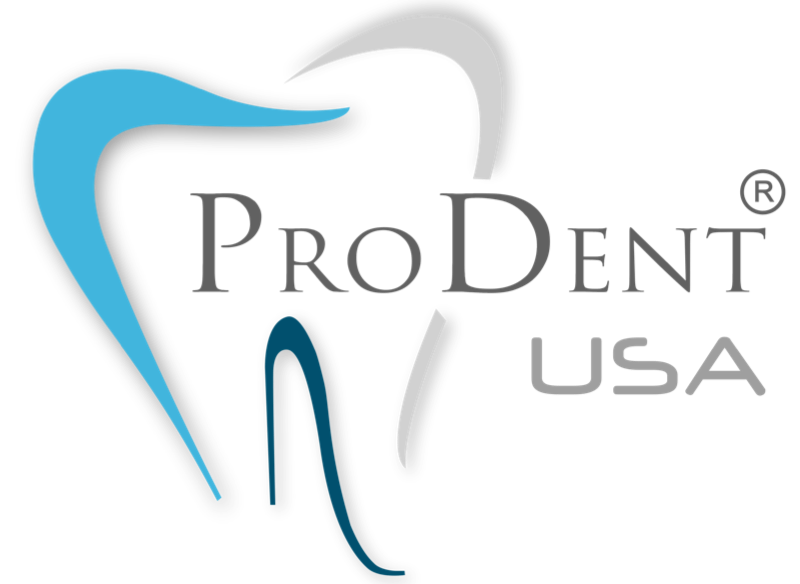On an average day in the United States, there are close to 11,000 births. Approximately 437 of those babies will be born with one of 8,000 genetic diseases, explained Stephen Kingsmore, president and CEO of Rady Children’s Institute for Genomic Medicine. As the primary children’s hospital for the San Diego region, Rady receives many of these medically challenging infants and their families. A vital race to find a diagnosis ensues.
“We’re in a really tough place here, where we have a baby that was born normally, expected to be healthy, and suddenly found to have an anomaly — a problem that is life-threatening,” Kingsmore said Tuesday at the MedCity ENGAGE conference in San Diego this week,
Kingsmore shared some of Rady’s diagnostic success stories, while also noting the many layers of engagement that underpin each case.
Coaching clinicians, nurses, and parents through what he calls ‘Rapid Genome Sequencing’ and ‘Rapid Precision Medicine,’ is no easy task. It’s unfamiliar and still experimental, he concedes. On the other hand, it can deliver huge, sometimes life-saving benefits.
“In a genetic disease, because there are 8,000 of them, frequently the baby has been discharged home or has transitioned to palliative care, or has died before that diagnosis is made,” Kingsmore told the audience.
The core problem is that the standard diagnostic process can take 60 days. A range of tests are ordered and while everyone waits, physicians press ahead with empirical treatment based on their clinical experience and the baby’s symptoms. Treatments are modified or changed depending on the baby’s response.
Over the last five years, Kingsmore’s team has pioneered a different approach. The patient’s existing information is coded into a computer. Technicians then perform rapid genome sequencing on the baby, his or her parents, and sometimes even siblings. With today’s technology, results can be delivered in just two days. In fact, Kingsmore holds a Guinness World Record for the fastest genetic diagnosis: 26 hours.
According to Kingsmore, the Rady Children’s Institute for Genomic Medicine has treated approximately 200 babies. The diagnosis changes care in around 80 percent of cases, he declared, reducing morbidity and improving outcomes.
The downside to this fast-paced medicine is that parents have just hours to determine whether they can place their trust in the genomics team and whether they should give their consent.
“There’s a lot of trust, there’s a lot of urgency, there’s a lot of discourse that needs to happen and it needs to happen fast,” Kingsmore said.
All of this plays out in what are often considered to be the worst days of the parents’ lives. It’s an environment that makes it difficult for the family to process basic information, let alone make complex treatment calls. Handling these intense situations, therefore, requires a wider support and education system.
“Engagement is so essential at every point in the chain here,” Kingsmore said.
Clinicians need to grant access to their patients. Perhaps more importantly, the team needs the backing of the nurses, who largely run the neonatal intensive care units (NICUs) he said. While they’re extremely protective of their babies, they can be a powerful ally when educated and engaged.
“They are really our first point of contact with the parents,” Kingsmore explained. “It’s their job to tell mum and dad of the risks and the benefits of this, both for themselves and for their baby; what to expect and to obtain – if they are agreeable – informed consent.”
In San Diego, Kingsmore also relies on public support for Rady Children’s efforts and a general awareness of genomics in the community.
“Really, it’s very hard to approach a parent who’s not familiar with genome sequencing at all if they’re in the NICU and their baby is critically ill,” Kingsmore stated. “They’re frozen.”
Success in San Diego is just the first step, however. The genomics team is now looking to scale the program to offer Rapid Genome Sequencing and Rapid Precision Medicine in other children’s hospitals throughout the United States. This means winning over the hospitals, the clinicians, the nurses, and the public — before they even engage the parents.
In a recent multi-hospital study, Rady’s had a 95 percent ‘yes’ rate for parental consent, Kingsmore said.
“My great fear is that as we disseminate this, these numbers will drop… because it’s not automatic.”
Without a home-ground advantage, the Genomics Institute has identified three key steps for building support. The first is process engineering and implementation science, to learn how to scale and industrialize the high-tech Rapid Precision Medicine approach. At the same time, Kingsmore believes the field needs more clinical trials.
“The evidence that this works is not yet persuasive to payers or to skeptical clinicians,” he explained.
Controlled studies are needed to convince diverse stakeholders to adopt the genomic program and to establish industry-wide best practices. Last, but not least, the respective communities need to be educated and engaged. Rapid Precision Medicine comes undone if the parents say ‘no.’
In the future, he’s hoping the question of consent will become more mainstream.
“We really are serious,” Kingsmore said as he concluded the presentation. “We want to put this in every children’s hospital, hopefully around the world, over the next decade.”
Photo: Jill Fleming











